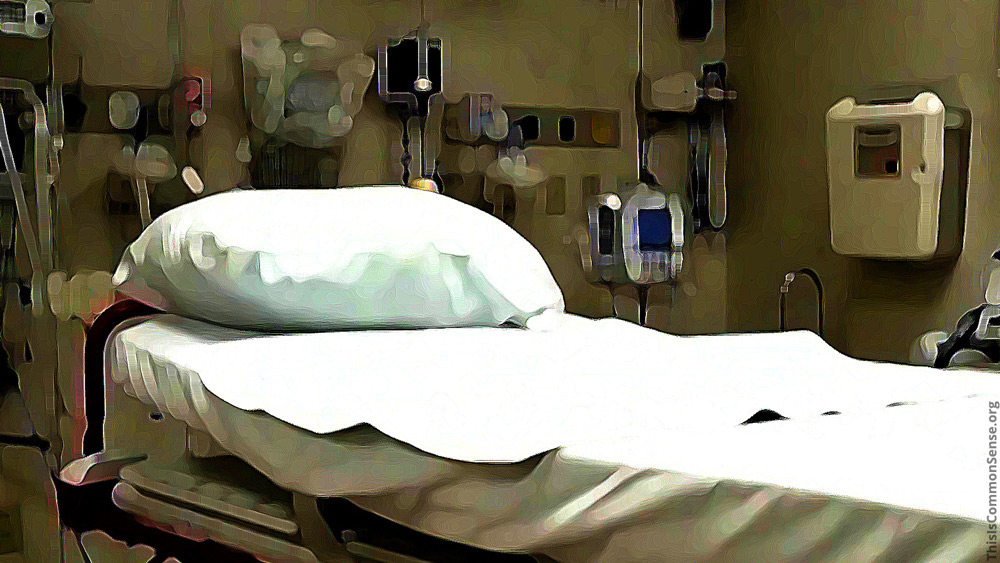Early on, we feared the worst. Based in no small part on the extravagant predictions of serial alarmist/lockdown scofflaw Neil Ferguson, a British epidemiologist, the worry quickly became: our hospitals will be swamped!
To prevent that, governments around the world
- instituted lockdown orders, shutting down most commerce and peaceable assembly, to “flatten the curve,” thereby postponing many incidents of coronavirus and giving hospitals a steadier workload over time; and
- set up emergency clinics and hospitals, to take on overflow.
In the U.S., the Army Corps of Engineers contracted with private companies to set up field hospitals. Given the alarmist talk of “exponential growth,” that sure seemed like a prudent use of $660 million.
Now?
Well, most never saw a patient.
Many field hospitals are being dismantled.
And so is the case for the lockdowns: the hospitals are generally not being swamped, which means that as summer approaches we can open things up and let herd immunity build up.
Indeed, we may already have reached that condition, according to Nic Lewis writing on Judith Curry’s Climate Etc. blog.
At issue is the “Herd Immunity Threshold” (HIT). The disgraced Ferguson’s original HIT was over 50 percent, while Lewis argues that the actual HIT level “probably lies somewhere between . . . 7% and 24%,” suggesting that “total fatalities should be well under 0.1% of the population by the time herd immunity is achieved.”
Why the lower HIT?
More realistic models take into account human diversity — a point also made by economist Daniel B. Klein, who adds important truths like “[f]or most people COVID-19 is scarcely a disease at all!”
It turns out that being reasonable about this pandemic requires neither complete gloom and doom nor risky response.
This is Common Sense. I’m Paul Jacob.

—
See all recent commentary
(simplified and organized)